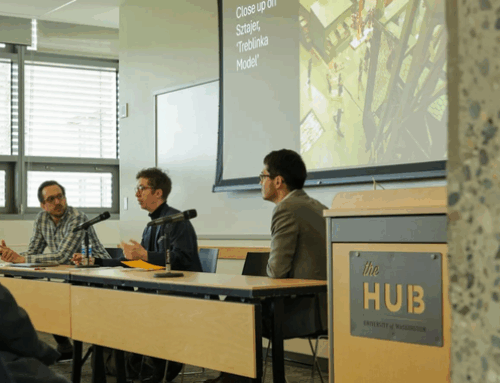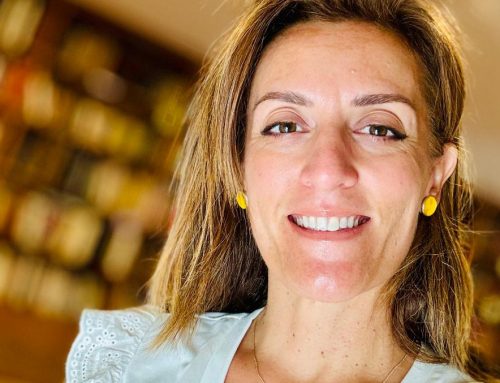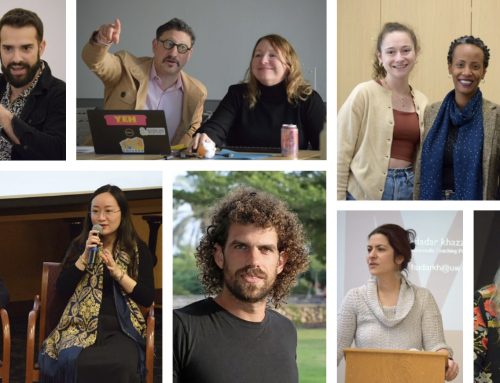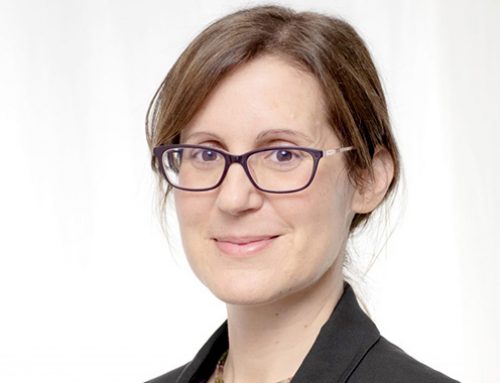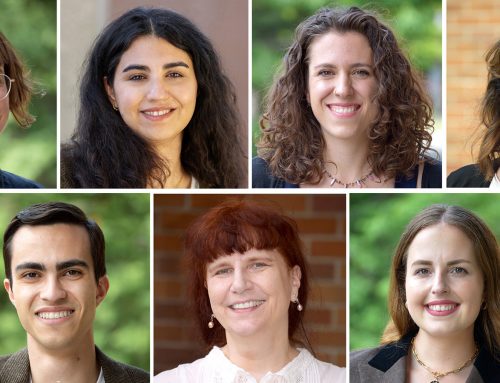
Dear Jewish Studies community,
I write to you in the midst of an ongoing crisis that continues to unfold in the wake of Hamas’s terrorist attack in Israel on October 7. At the Stroum Center, we have been grieving the loss of one of our own Ph.D. students, Hayim Katsman, and our immediate attention has been focused on helping his cohort of fellow students, friends, and teachers to navigate the aftermath of his murder.
There is no playbook for dealing with a crisis of this magnitude. In the midst of our own grief and anxiety, as we worry for family and friends in the region, we have turned to our mission statement for guidance, to remember that we are here at this public university to cultivate a diverse academic community — to teach, research, and engage in public scholarship. The Jewish Studies classroom is a place where Jews, Muslims, and Christians, Israelis and Palestinians, and people of all backgrounds are continuing to gather, listen, and learn together. On this front, we greatly appreciate our university president’s call for recognizing our shared humanity and avoiding dehumanizing language.
We are working hard to provide all of our students with the intellectual support and community needed to cope during these dark days. We are initiating weekly drop-in hours for students to come together with faculty and staff to process the news, guide them in their conversations, and assist them as they navigate questions from friends, roommates, or family members. Our weekly Hebrew Table gatherings have transitioned from a place of language learning to a space for discussing current events among undergraduate and graduate students. We are also planning webinars and in-person events that will address the current crisis and its long history, provide basic literacy about Israel in public discourse, and meet the need for civil dialogue on campuses. Keep an eye on our website for updates.
We believe in academia’s ideals of inquiry, the limits of our own knowledge, and the possibilities of growth, in ourselves and in our students. We are committed to cultivating the study of Jewish histories, cultures, societies, ideas, languages, and religions in their broader contexts. And now more than ever, we are committed to serving as a resource for those seeking to understand the Israeli-Palestinian conflict, antisemitism, Islamophobia, and the threat that all fundamentalisms pose.
The current conflict has brought into focus the importance of the Stroum Center not only as a place for students and community members in Washington state but also as an online resource for public education. When people around the world Google the term “Jews,” they find lectures, essays, and other resources about Jewish history, antisemitism and the Holocaust created by Stroum Center faculty, students and staff.
Our long-term commitment to public education, dating back many years, is making a difference in how people have been educating themselves in the midst of this war. The fact that tens of thousands of people are turning to us for guidance at this critical time validates our longstanding investment in public-facing scholarship.

Mika Ahuvia
Director, Stroum Center for Jewish Studies
Herbert L. & Lucia S. Pruzan Chair in Jewish Studies
Associate Professor, Henry M. Jackson School of International Studies

